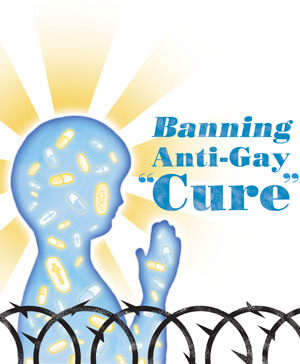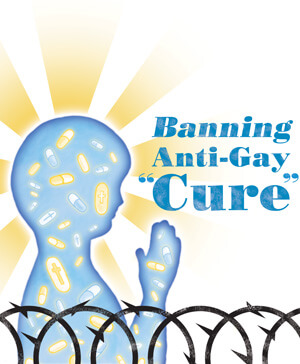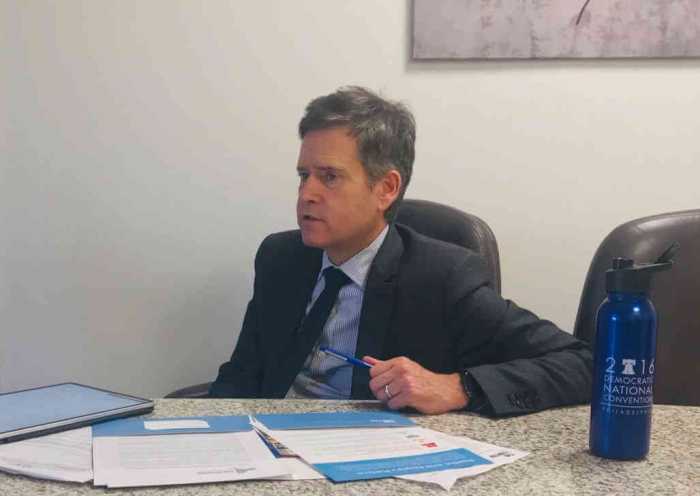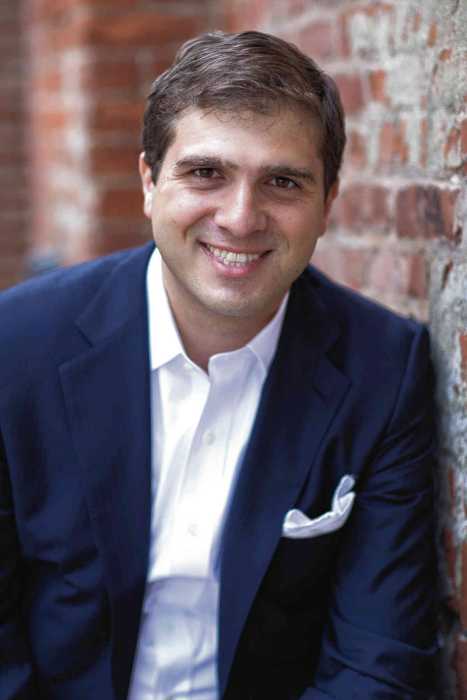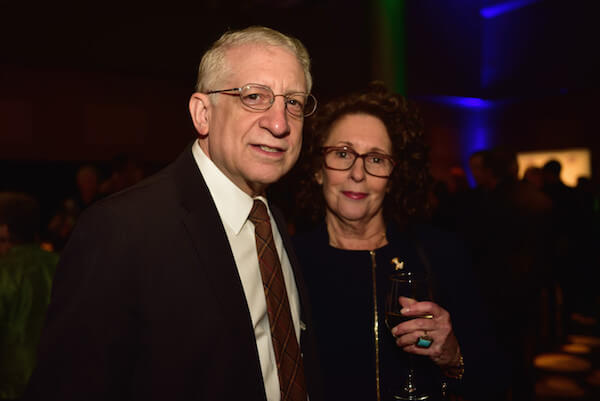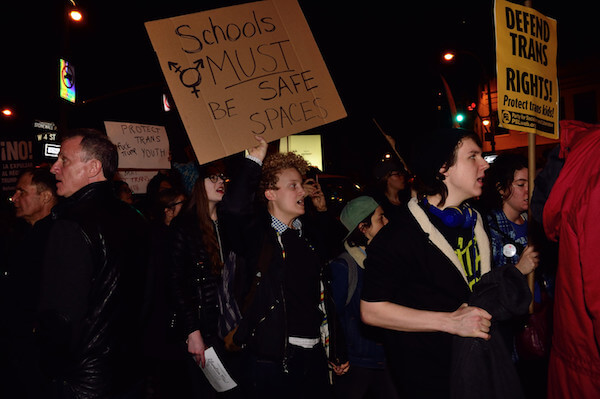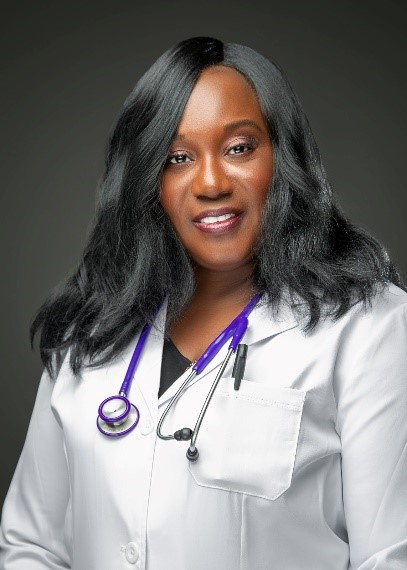A federal court has upheld a New Jersey law barring licensed professionals from practicing “gay conversion therapy on minors. | MICHAEL SHIREY
A federal district court judge has rejected a constitutional challenge to a recently enacted New Jersey statute that bars licensed counselors there from providing “sexual orientation change efforts” (SOCE) –– popularly known as “gay conversion therapy” –– to minors. In a November 8 ruling, Judge Freda L. Wolfson granted the state’s motion for summary judgment in a case brought by a number of SOCE practitioners.
In line with the conclusions of the Ninth Circuit Court of Appeals, which considered a similar challenge to a virtually identical California statute, Wolfson found that the law, enacted this past summer, neither regulates constitutionally protected speech nor improperly restricts the free exercise of religion.
Since the practitioners’ suit was filed, a separate challenge was undertaken by a New Jersey minor and his parents making a similar argument and was also assigned to Wolfson, but no motions have been filed yet in that case.
Federal court upholds law barring professionals from subjecting minors to “ex-gay” treatments
The New Jersey Legislature’s findings, based on testimony and official statements from professional counseling organizations, included the conclusion that SOCE cannot deliver on what it promises — instead finding that sexual orientation is a human characteristic not amenable to change through counseling — and that its practice may in fact cause psychological harm. SOCE was not banned for use with adults, but the Legislature concluded such treatment posed dangers for minors, who are not necessarily in the position to give informed consent and may be pressured into submitting to it by their parents or other authority figures.
Judge Wolfson noted the statute applies only to licensed professional counselors, not unlicensed practitioners, such as clergy. And, like the federal courts that weighed the California ban, she pointed out that the New Jersey law does not prohibit licensed counselors from speaking about SOCE, recommending it, or referring clients to unlicensed persons or out-of-state counselors.
Given these factors, Wolfson concluded the law does not intend to inhibit speech, but rather was a regulation of clinical practice, which is conduct. She relied on precedents recognizing the state’s authority to regulate the conduct of licensed professionals providing healthcare services, even when those services are delivered by talking to and with the client. (Earlier, more draconian types of SOCE used non-speech therapies to attempt to “change” their clients’ sexual orientation –– including some techniques that today would be considered physical or psychological torture.)
Senators Brad Hoylman and Michael Gianaris and Assemblywoman Deborah Glick are pressing for a similar law in New York State
Though federal district courts in New Jersey are not bound by precedents established by the West Coast Ninth Circuit Court of Appeals, Wolfson wrote that, absent any precedent in the Third Circuit under whose jurisdiction she serves, she would “turn to the Ninth Circuit’s decision where appropriate”; her opinion ended up quoting from it extensively.
Wolfson found that if the plaintiffs’ free speech argument were “taken to its logical end, it would mean that any regulation of professional counseling necessarily implicates fundamental First Amendment free speech rights, and therefore would need to withstand heightened scrutiny to be permissible. Such a result runs counter to the longstanding principle that a state generally may enact laws rationally regulating professionals, including those providing medicine and mental health services.”
Since free speech rights were not at issue, the New Jersey law would be upheld if the Legislature could rationally have believed it would serve a legitimate state interest. The weight of professional literature and testimony was sufficient grounds for legislators to believe the law would advance a legitimate interest in protecting minors, she found.
“The State has determined that the potential harm to minors from SOCE, however slight, is sufficient to outweigh any potential benefits,” Wolfson wrote. “In that connection, I note that Plaintiffs themselves acknowledge that there is a dearth of non-anecdotal evidence to support the success rate, and benefits of SOCE.”
The judge also rejected the plaintiffs’ argument that the law was vague or overbroad, dismissing the argument that its enactment left the plaintiffs in a quandary about what was prohibited and what was permitted. The Legislature, she noted, was careful to distinguish between counseling intended to “change” sexual orientation and counseling “including sexual orientation-neutral interventions to prevent or address unlawful conduct or unsafe sexual practices” which “does not seek to change sexual orientation.
An alternative argument made by the plaintiffs –– that the statute infringes on the right to free exercise of religion by counselors or their clients –– also failed to make headway with Wolfson, who pointed out that clergy are not restricted from pursuing SOCE, so long as they are not acting as licensed professional counselors.
Although the statute provides exemptions for counselors providing gender transition therapy and assistance to youth trying to adjust to their sexual orientation, Wolfson did not buy the plaintiffs’ claim that it “will disproportionately affect those motivated by religious belief because [it] effectively engages in impermissible ‘religious gerrymandering’ by providing individualized exemptions from the general prohibitions.” The Legislature did not act out of any religious motivation, she found.
“From its plain language,” Wolfson wrote, “the law does not seek to target or burden religious practices or beliefs. Rather, [the law] bars all licensed mental health providers from engaging in SOCE with minors, regardless of whether that provider or the minor seeking SOCE is motivated by religion or motivated by any other purpose.” Based on Supreme Court precedent, because the law is religiously neutral on its face, “Even if [it]] disproportionately affects those motivated by religious belief, this fact does not raise any Free Exercise concerns,” the judge concluded.
Liberty Counsel, the anti-gay litigation group representing the SOCE practitioners, has indicated its intention to appeal Wolfson’s ruling to the Third Circuit Court of Appeals.

